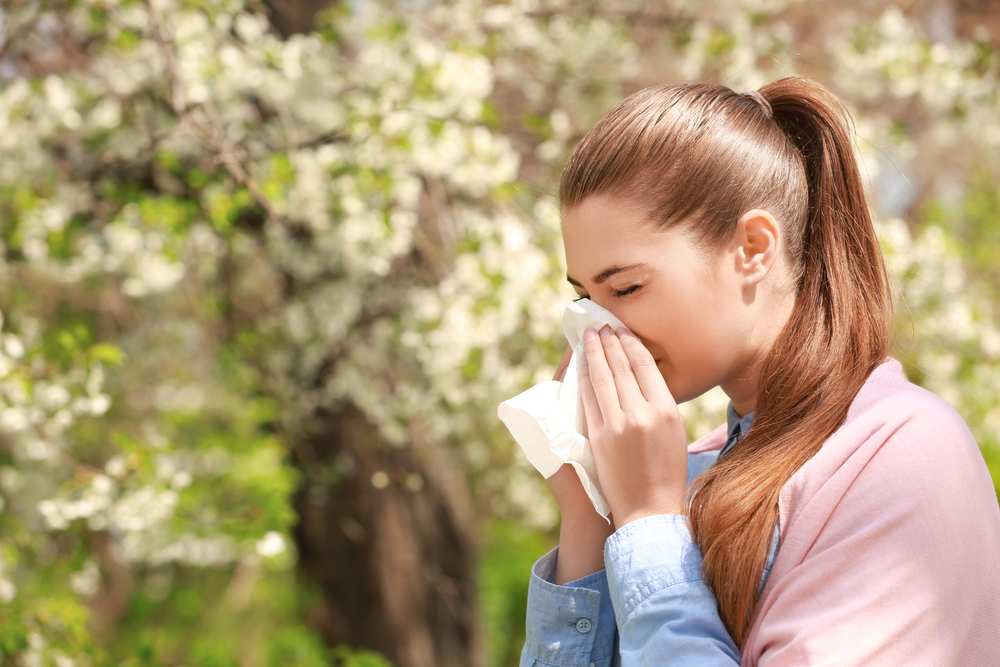Allergies or Dry Eyes? Understanding Common Symptoms

Your eyes are delicate and complex organs that play a vital role in your daily life. Maintaining good eye health is essential for clear vision, comfort, and overall well-being. However, various eye conditions can arise, causing discomfort and potentially impacting your quality of life. Two of the most common eye issues are eye allergies and dry eye, both of which share some similar symptoms but require different treatment approaches.
Understanding Eye Allergies and Dry Eye
Eye allergies, also known as allergic conjunctivitis, occur when your immune system reacts to specific environmental triggers, such as pollen, dust, or pet dander. This reaction can cause your eyes to become irritated, red, and watery. On the other hand, dry eye is a condition where your eyes do not produce enough tears or the tears evaporate too quickly, leading to chronic dryness and discomfort.
While both eye allergies and dry eye can cause similar symptoms, it's crucial to understand the underlying causes and differences between the two to ensure you receive the appropriate treatment.
Common Symptoms of Eye Allergies
Itchy Eyes: One of the hallmark symptoms of eye allergies is an intense, persistent itching sensation in the eyes. This can be extremely bothersome and may lead to excessive rubbing, which can further irritate the eyes.
Redness: Allergic reactions can cause the blood vessels in your eyes to dilate, resulting in a noticeable redness or pinkness in the whites of your eyes.
Watery Eyes: Your eyes may produce an excessive amount of tears as a response to the irritation caused by allergens, leading to a watery, teary appearance.
Swollen Eyelids: Allergic reactions can cause the eyelids to swell, making them appear puffy or inflamed.
Sensitivity to Light: Some individuals with eye allergies may experience increased sensitivity to bright lights or sunlight.
Recognizing the Symptoms of Dry Eye
Dryness and Irritation: The primary symptom of dry eye is a persistent feeling of dryness, grittiness, or irritation in the eyes.
Redness: Similar to eye allergies, dry eye can also cause redness or pinkness in the whites of the eyes.
Burning or Stinging Sensation: Dry eyes may feel as if there is a burning or stinging sensation, which can be quite uncomfortable.
Blurred Vision: The lack of adequate tear production or the rapid evaporation of tears can lead to blurred or fluctuating vision.
Increased Eye Fatigue: Dry eyes can cause your eyes to feel tired or strained, especially after prolonged periods of reading, computer use, or other activities that require sustained visual focus.
The Difference Between Eye Allergies and Dry Eye
While eye allergies and dry eye share some common symptoms, there are distinct differences in their underlying causes and the way they manifest:
Trigger Factors: Eye allergies are typically triggered by specific environmental allergens, such as pollen, dust, or pet dander. Dry eye, on the other hand, can be caused by a variety of factors, including age, hormonal changes, certain medications, or underlying medical conditions.
Onset and Duration: Allergic reactions tend to have a more sudden onset and are often seasonal, while dry eye is usually a chronic condition that can persist for an extended period.
Symptom Patterns: Eye allergies typically cause more pronounced symptoms like intense itching, redness, and watery eyes, while dry eye is characterized by a more persistent feeling of dryness, irritation, and discomfort.
Treatment Approaches: The management of eye allergies often involves the use of antihistamines, decongestants, or topical eye drops, while dry eye may require the use of artificial tears, prescription eye drops, or other targeted treatments.
The Importance of a Proper Diagnosis from an Ophthalmologist
Accurately distinguishing between eye allergies and dry eye is crucial for receiving the appropriate treatment. While some symptoms may overlap, the underlying causes and the most effective therapies can differ significantly. Therefore, it's essential to consult with an ophthalmologist for a comprehensive evaluation and proper diagnosis.
During the examination, your ophthalmologist will assess the condition of your eyes, review your medical history, and potentially perform additional tests to determine the root cause of your eye-related symptoms. This thorough assessment will enable them to develop a personalized treatment plan that addresses your specific needs and provides the most effective relief.
Personalized Treatment Plans for Eye Allergies and Dry Eye
Once your ophthalmologist has accurately diagnosed your condition, they will work with you to develop a customized treatment plan that addresses your individual needs.
For eye allergies, the treatment may involve:
Antihistamine eye drops to reduce inflammation and itching
Decongestant eye drops to constrict blood vessels and reduce redness
Avoidance of known allergen triggers
Oral antihistamine medications, if necessary
In the case of dry eye, the treatment plan may include:
Artificial tear drops or ointments to supplement natural tear production
Prescription eye drops to increase tear production or reduce inflammation
In more severe cases, procedures like punctal plugs or intense pulsed light therapy may be recommended
Your ophthalmologist will work closely with you to monitor your progress, make adjustments to your treatment plan as needed, and ensure that you achieve optimal eye health and comfort.
Book Your Eye Examination with Quality Eye Care Today
Maintaining good eye health is essential for your overall well-being and quality of life. By understanding the nuances between eye allergies and dry eye, you can take proactive steps to address your specific eye-related concerns and seek the appropriate medical care. Regular eye exams with an ophthalmologist are crucial for identifying and managing any underlying eye conditions. With personalized treatment plans and a commitment to your eye health, you can enjoy clear, comfortable vision and a better overall quality of life.
If you are experiencing symptoms of allergies or dry eye, schedule an appointment with Quality Eye Care. With our expertise and personalized care, you can take the first steps towards achieving optimal eye health and addressing any concerns you may have. Visit our office in Jacksonville or Gainesville, Florida. Call (904) 601-1300 to book an appointment today.







